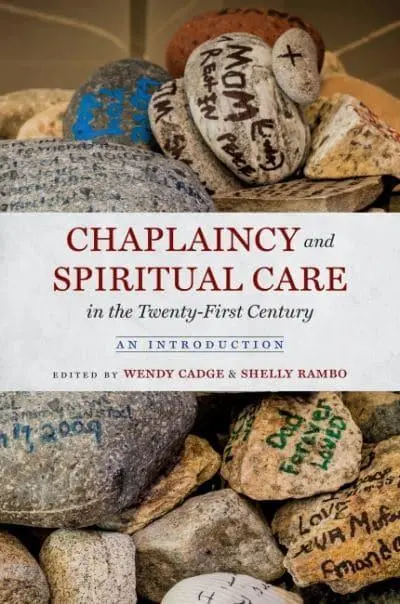Back in November, 2022 I
set out on a journey to research and write a book on multivocational
ministry. This was my rough Table of Contents (without
strike-throughs):
Chapter 1
Biblical accounts of multi-vocational ministry
Chapter 2
History of multi-vocational pastoral ministry Chapter 3
The multi-vocational life: the types of pastors needed
Chapter 4
The multi-vocational church: preparing your congregation
Chapter 5
The multi-vocational denomination
Chapter 6
The multi-vocational seminary
Now, my first two chapters have become my whole project. After only a few months diving into the history of the pastoral vocation, I was excited to wake up early to read and write. I started with a book from my historian colleague, Alan Guenther, called God's Ambassadors: A History of the Christian Clergy in America, and worked my way backwards. In December of last year I arrived in the New Testament. I have unearthed fascinating findings that have lead me to question my previous assumptions about pastoral work and the early church. My current research question, did the apostle Paul intend for congregational leaders to be paid full-time by their churches? is being met with a tentative, not likely. But, I have more research to do. I'm not sure how far outside the first few centuries I will get but the biblical and contextual research I've already found are likely going to comprise my first two chapters.
My original ideas (chapters 3-6) could likely become part of a series of books on multivocational ministry. I am fairly confident that the biblical and historical story I've started to write, the evolution of the pastoral vocation from tentmaking to full-time profession, could easily be assembled into one book.
A few weeks ago I started listening to The Book Proposal Book: A Guide for Scholarly Authors by Laura Portwood-Stacer on Spotify. It is an excellent book and I am looking forward to implementing Portwood-Stacer's wisdom as I assemble my portfolio then reach out to presses to find someone to publish my work. I am hoping to start posting here more regularly about my progress toward the goal of finding a press to publish my work. Portwood-Stacer has an eighteen step process culminating in submitting a proposal to an academic publisher. This week I am working on Step 2: Research and Evaluate Target Presses. I have already signed up for press catalogues so I can get a good sense of my book's potential fit at each. Stay tuned and feel free to reach out and let me know if you find this helpful.







